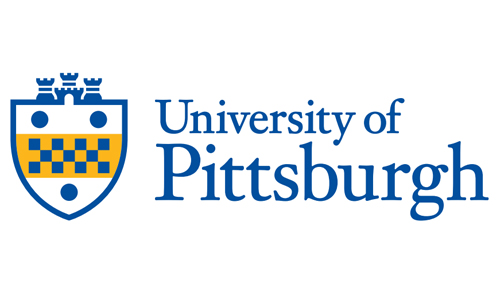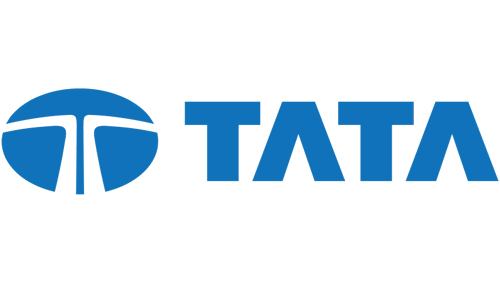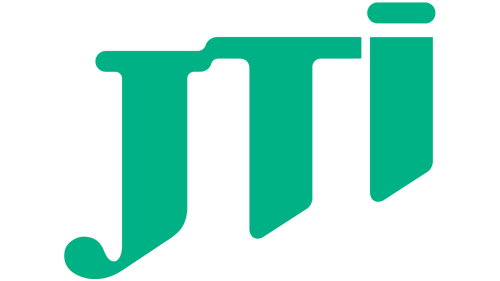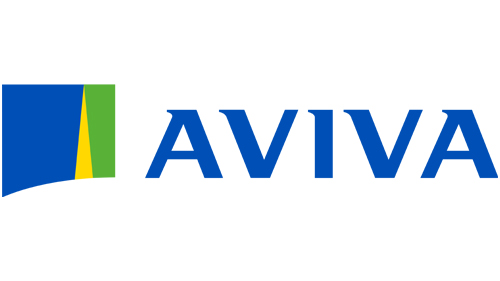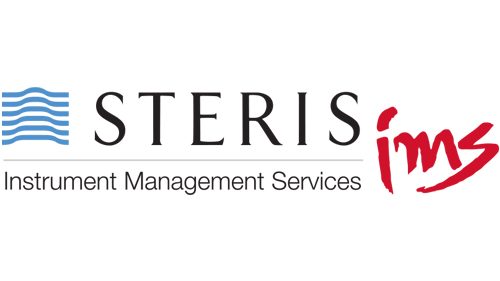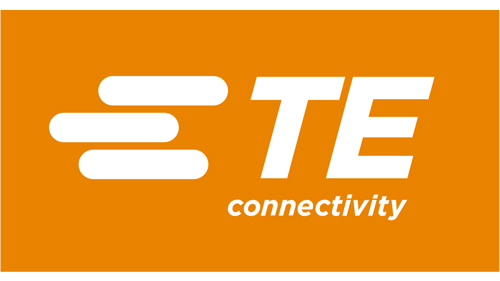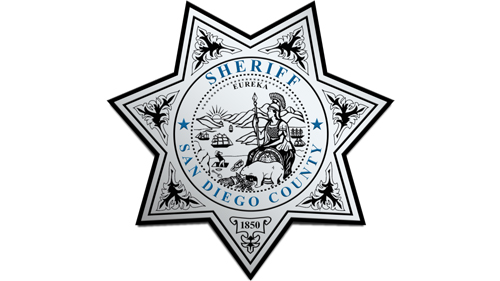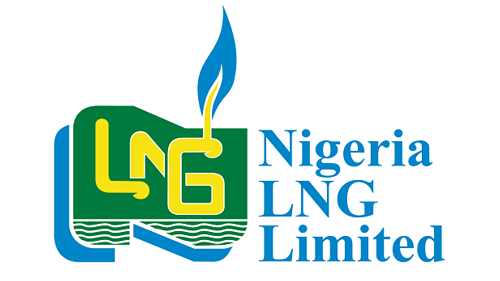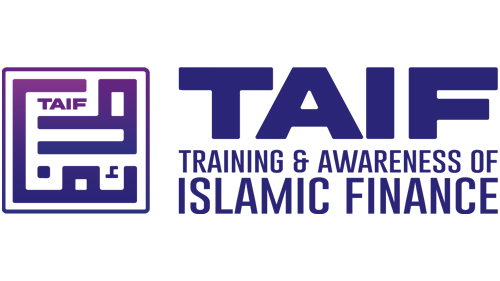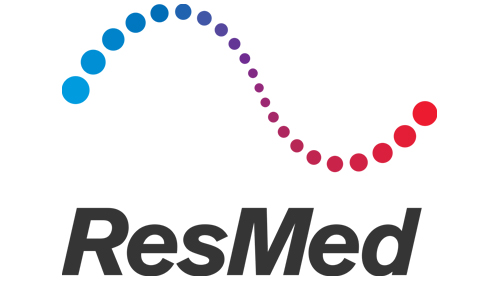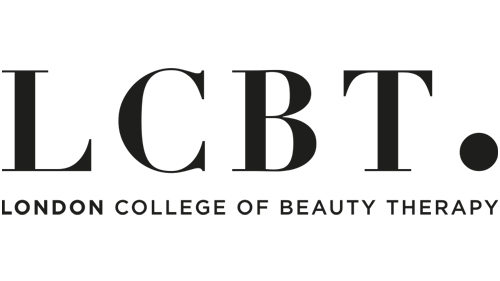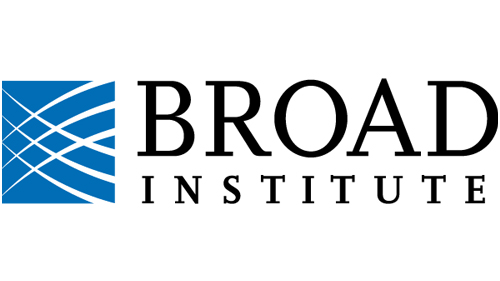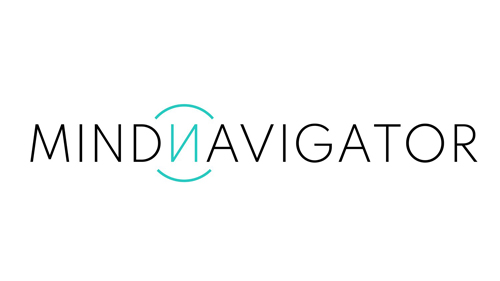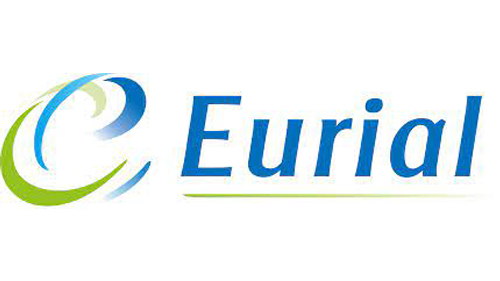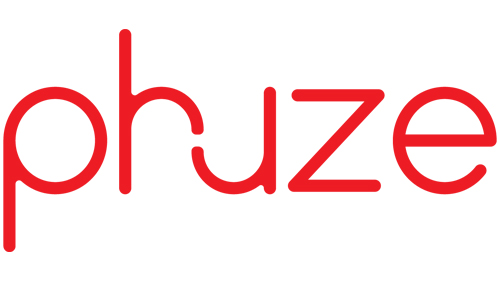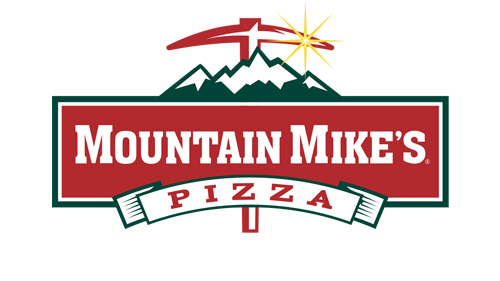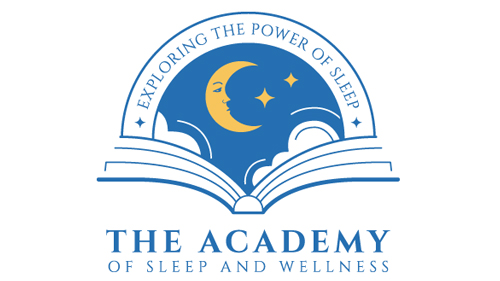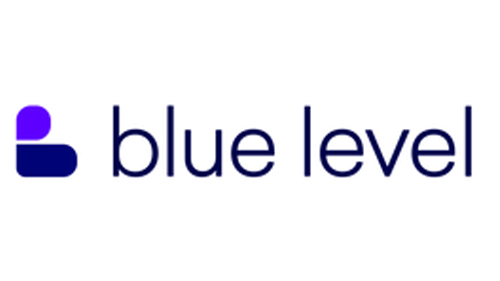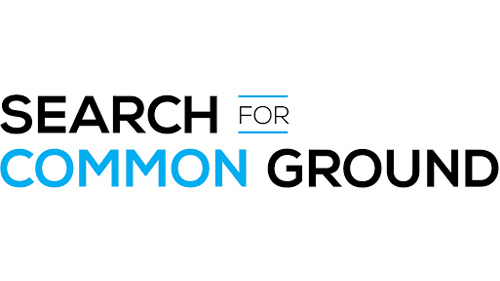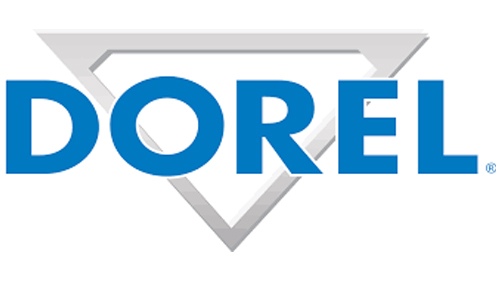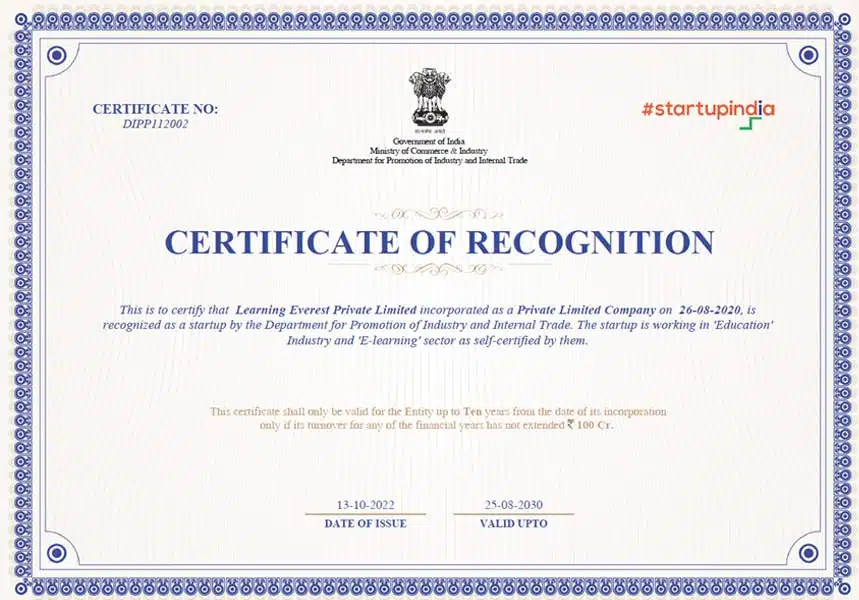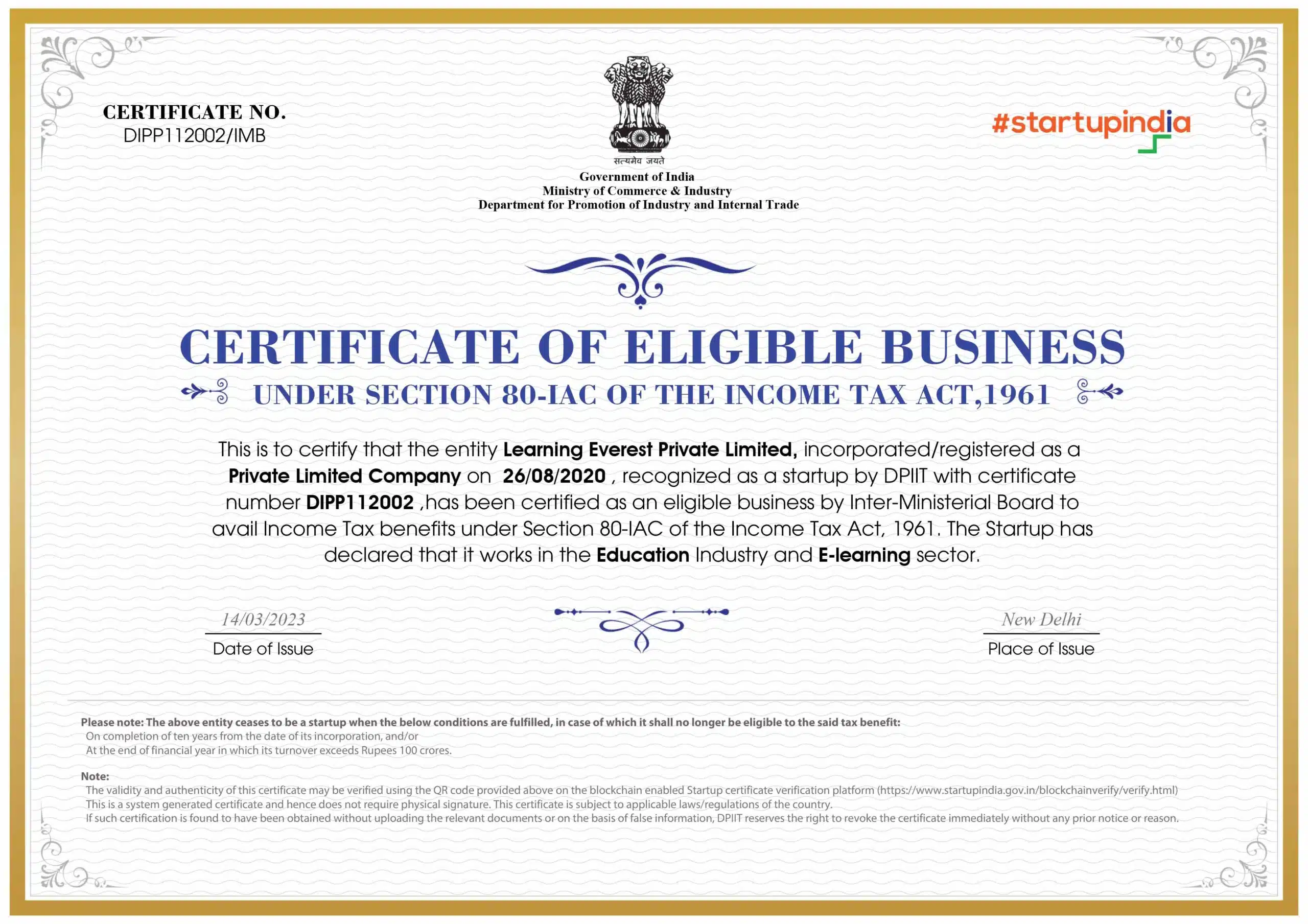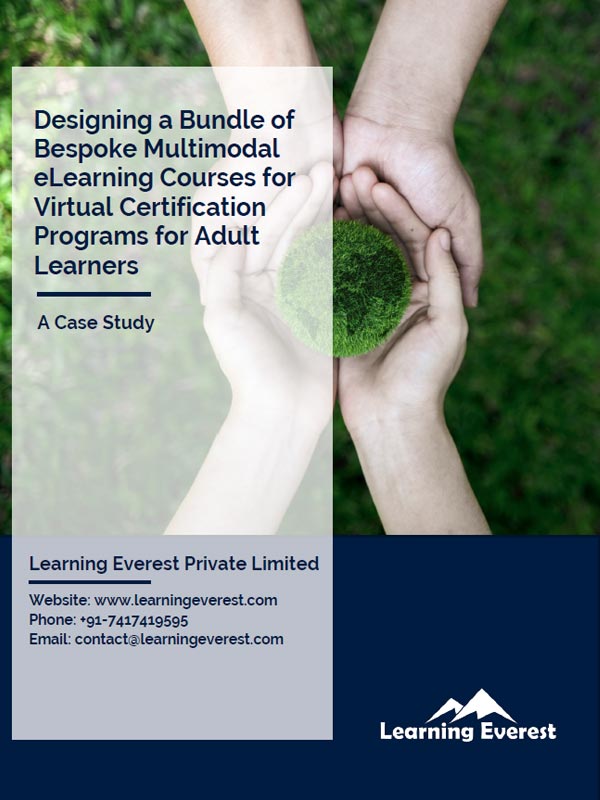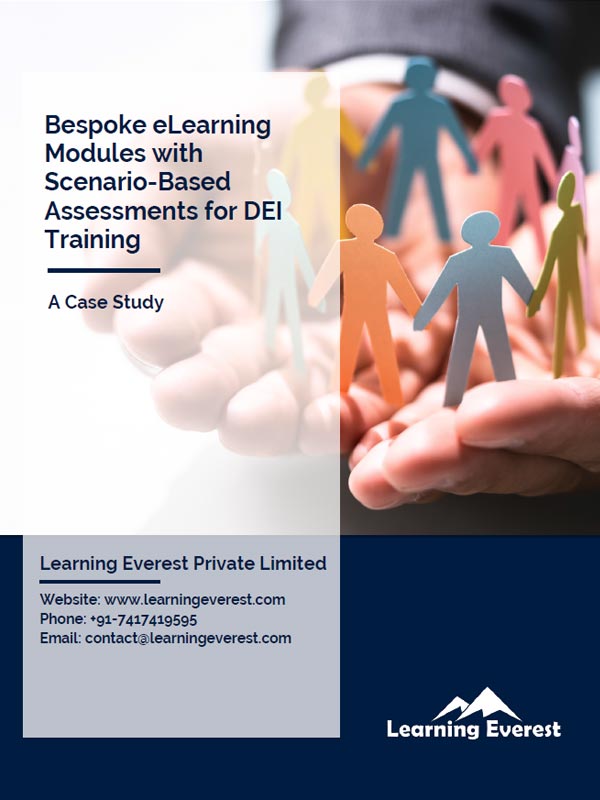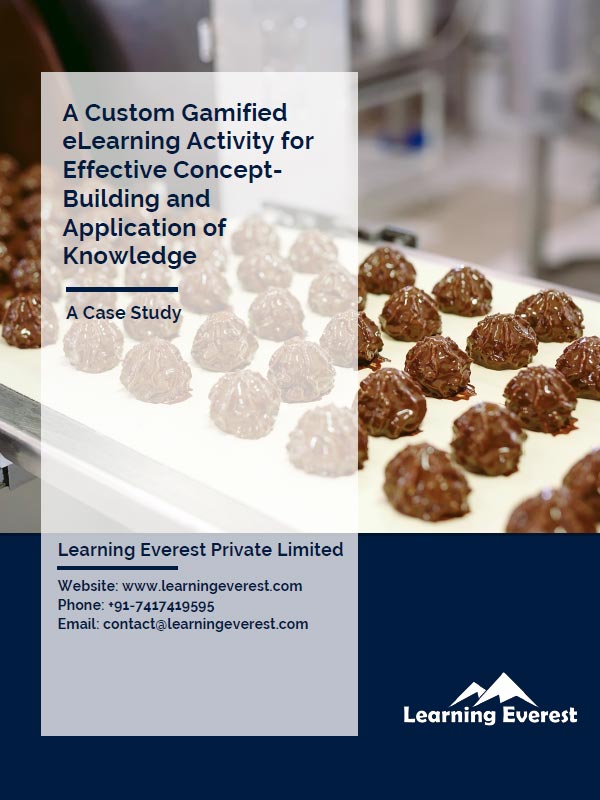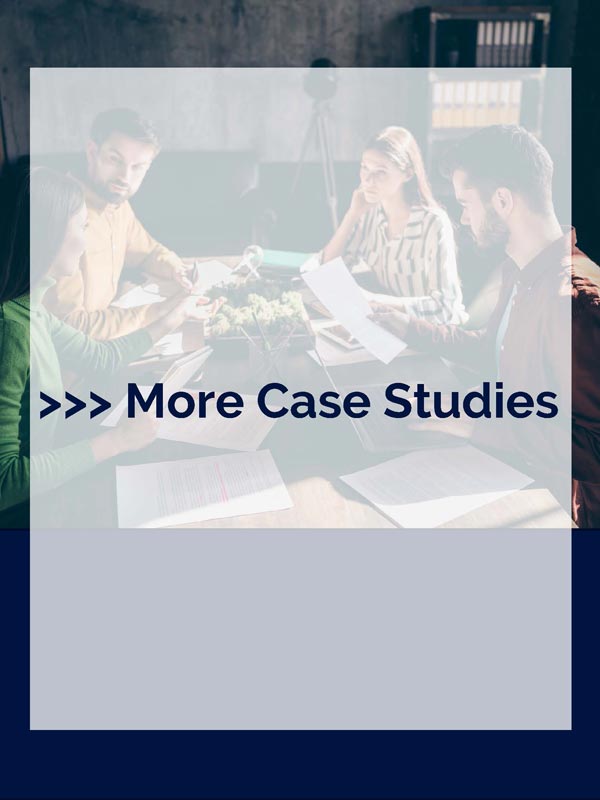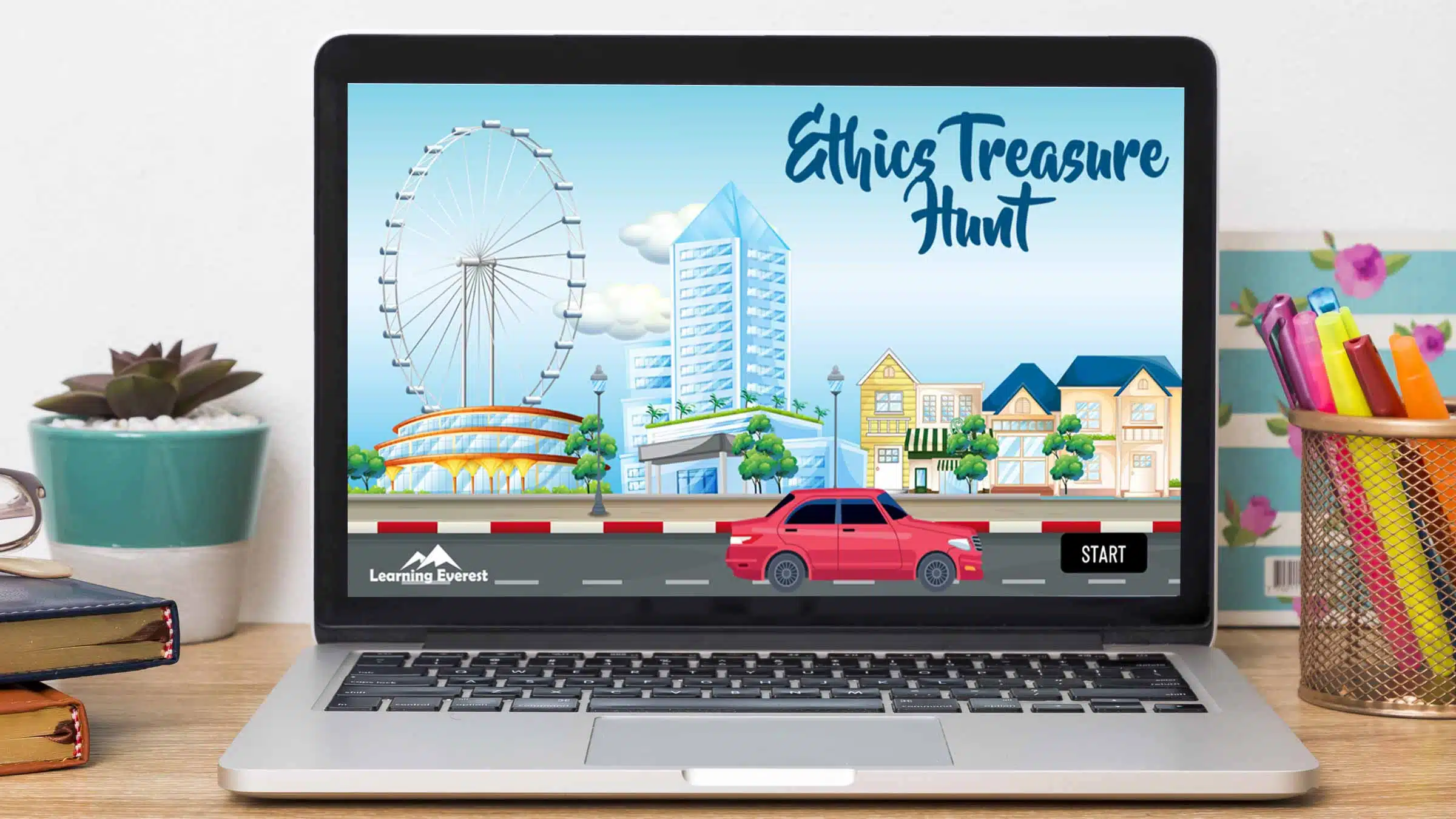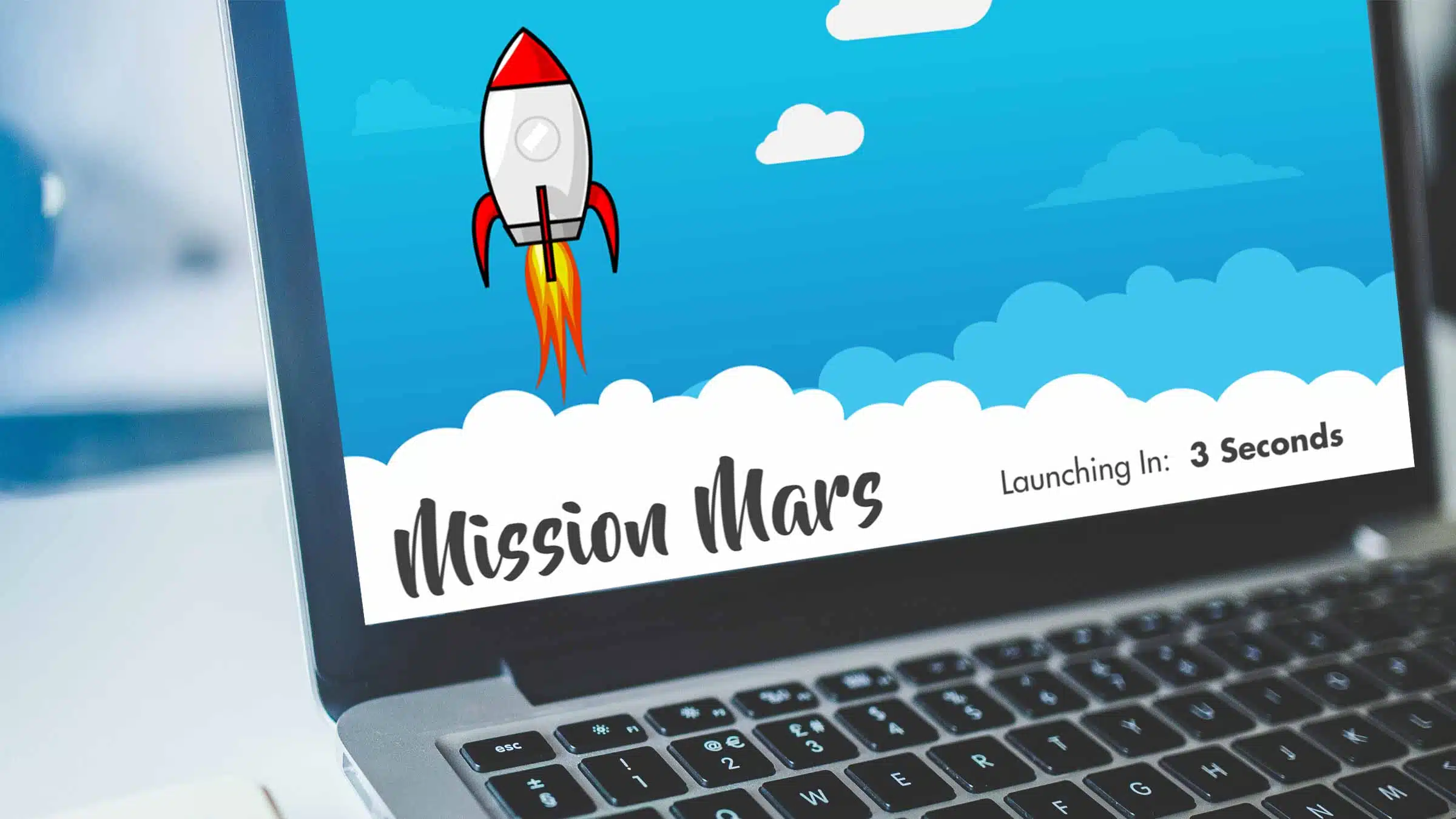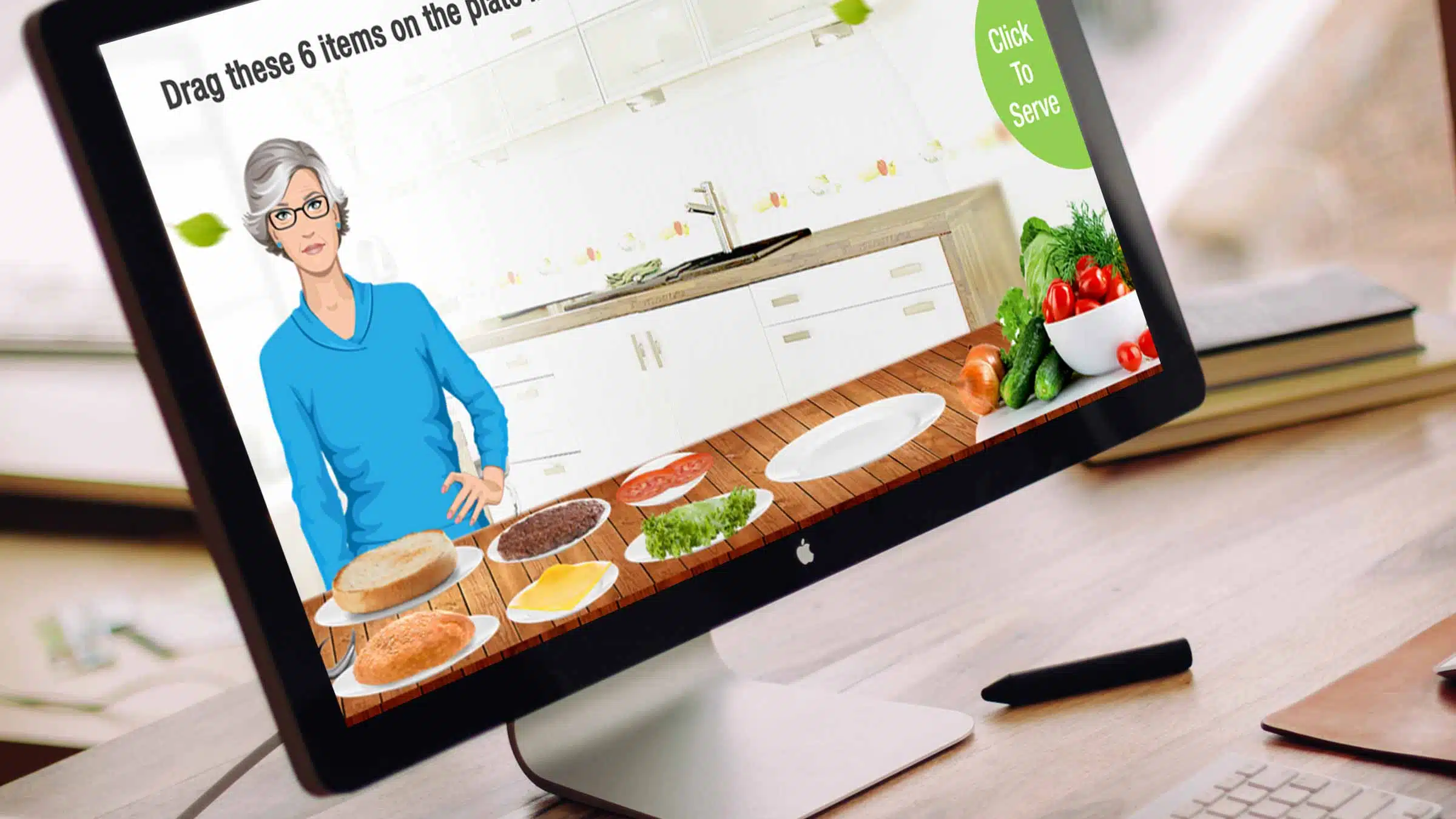Welcome to Learning Everest!
We are a one-stop solution to all your learning needs. Our team of committed and seasoned learning professionals brings valuable experience from some of the finest companies worldwide.
With our complete range of learning solutions, we equip organizations like yours to become a World Class Organization.
Awards and Recognition
Learning Everest Private Limited is a leading learning solutions provider based in India and is recognized as a startup by the Department for Promotion of Industry and Internal Trade, Government of India (Certificate No: DIPP112002) and has been found to be an ‘Eligible Startup‘ by the Inter-Ministerial Board and has been issued Certificate no. DIPP112002/IMB. We are also a Top Rated Content Provider on eLearning Industry Website.
Learning Everest is celebrated worldwide as a beacon of excellence in delivering Learning and Development services.
Our proven success isn’t just talk – our numerous awards and accolades tell the story!
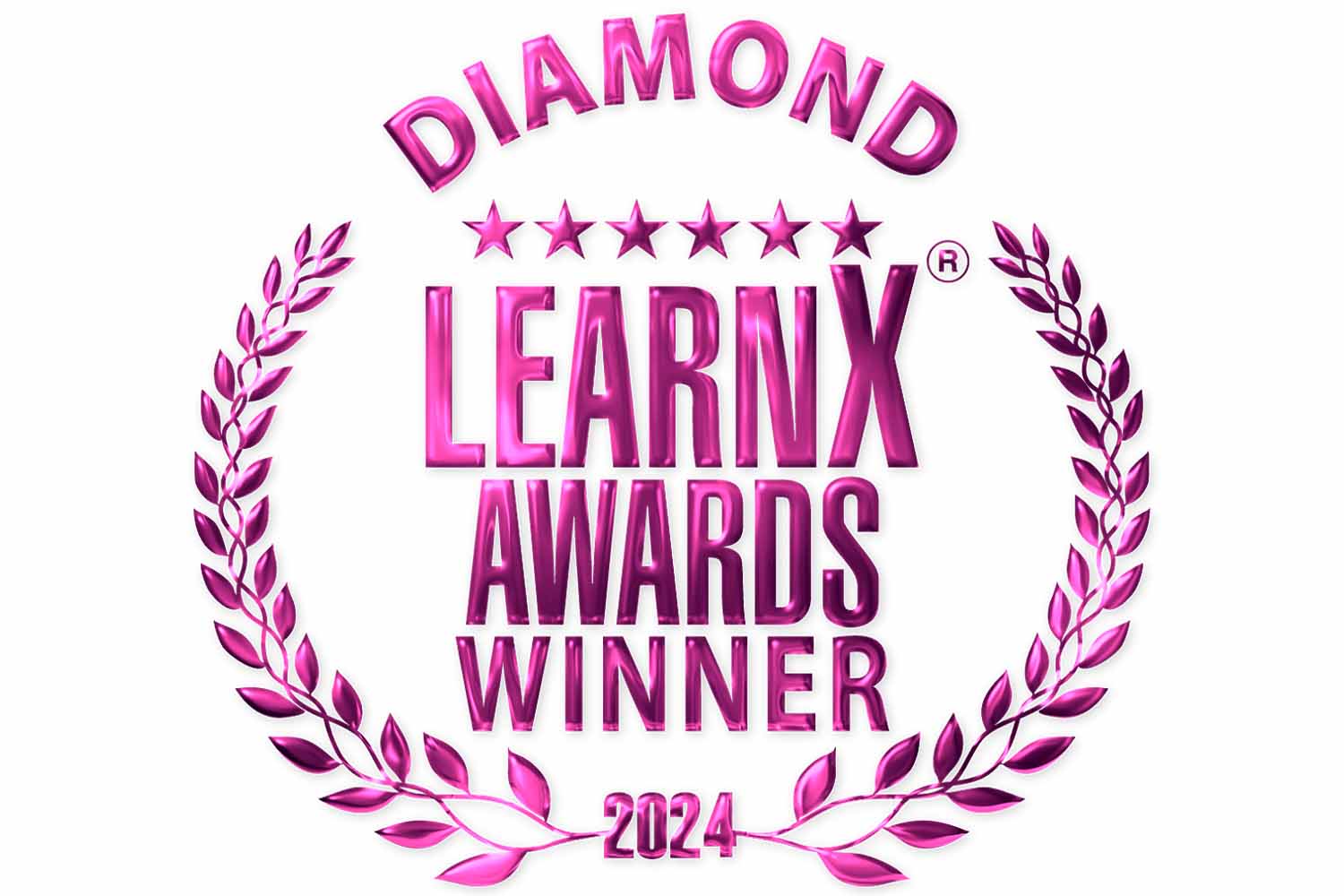


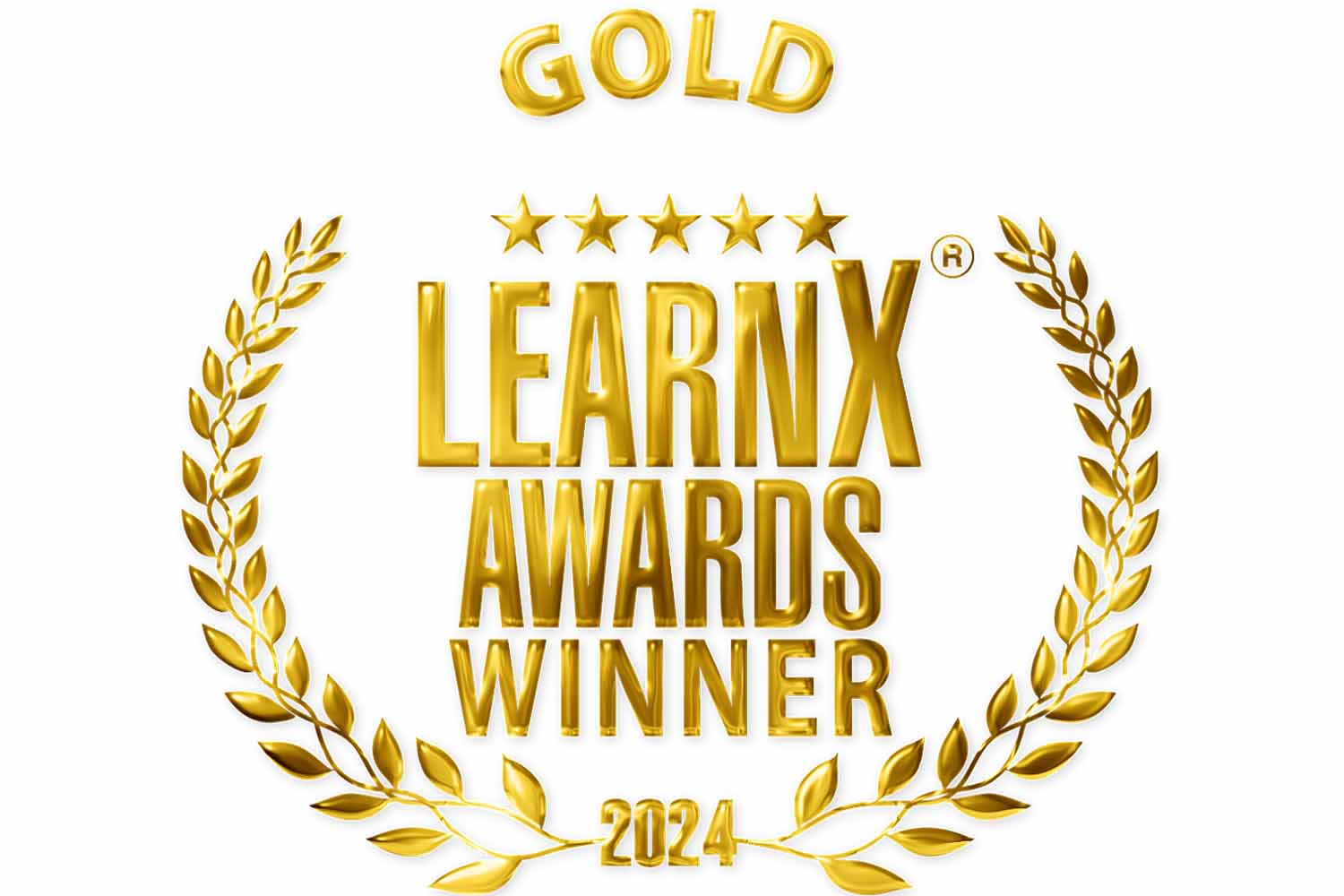

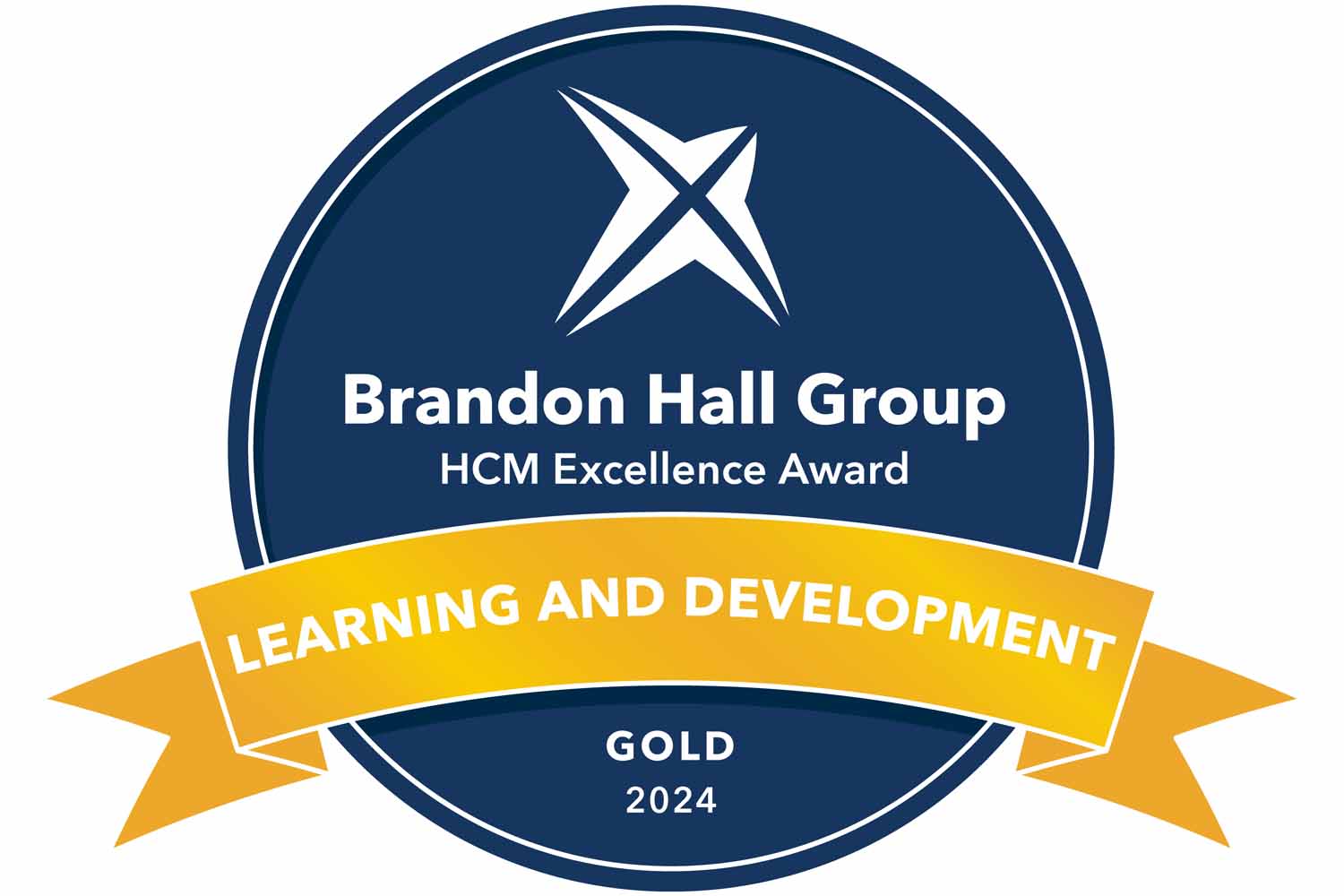
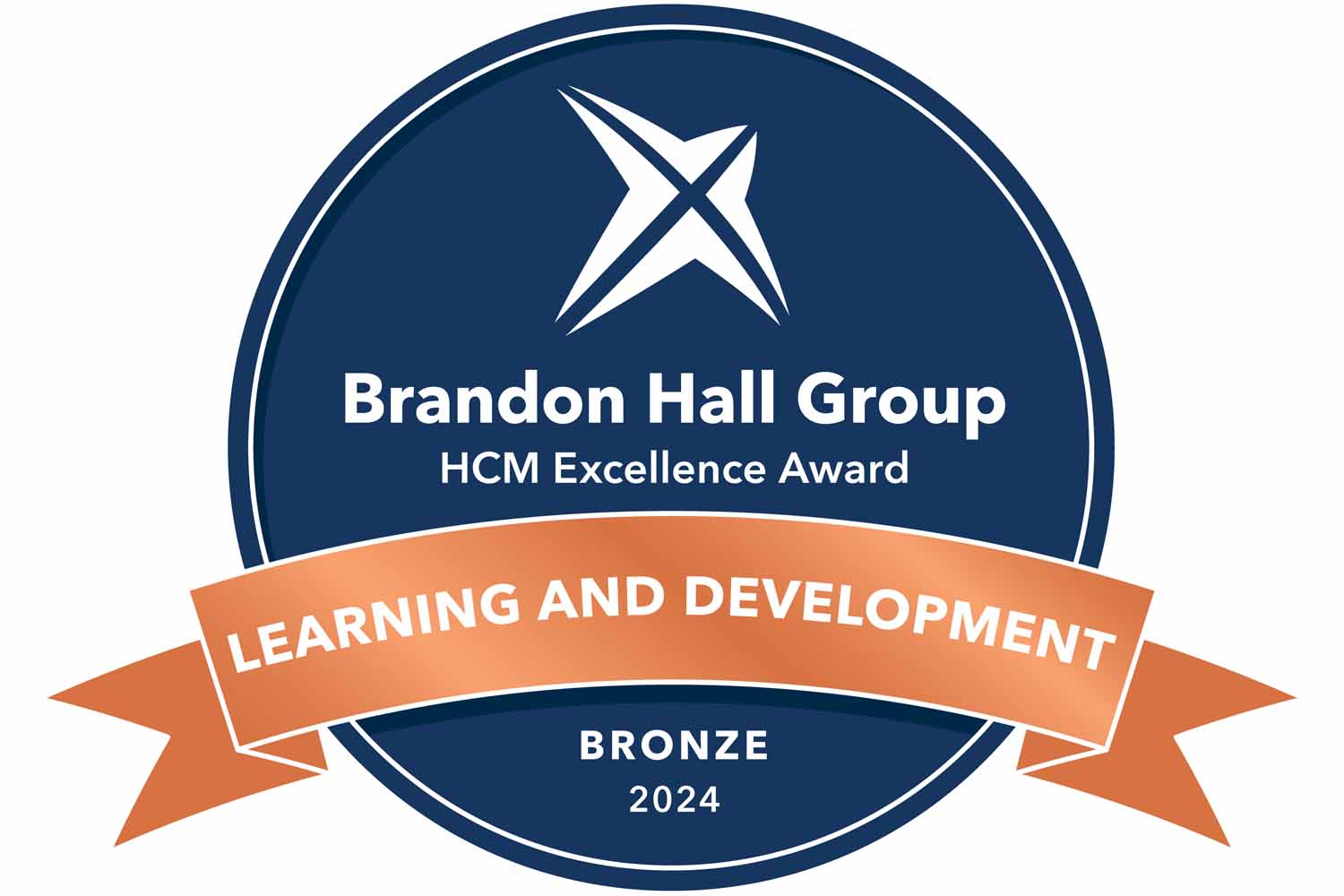

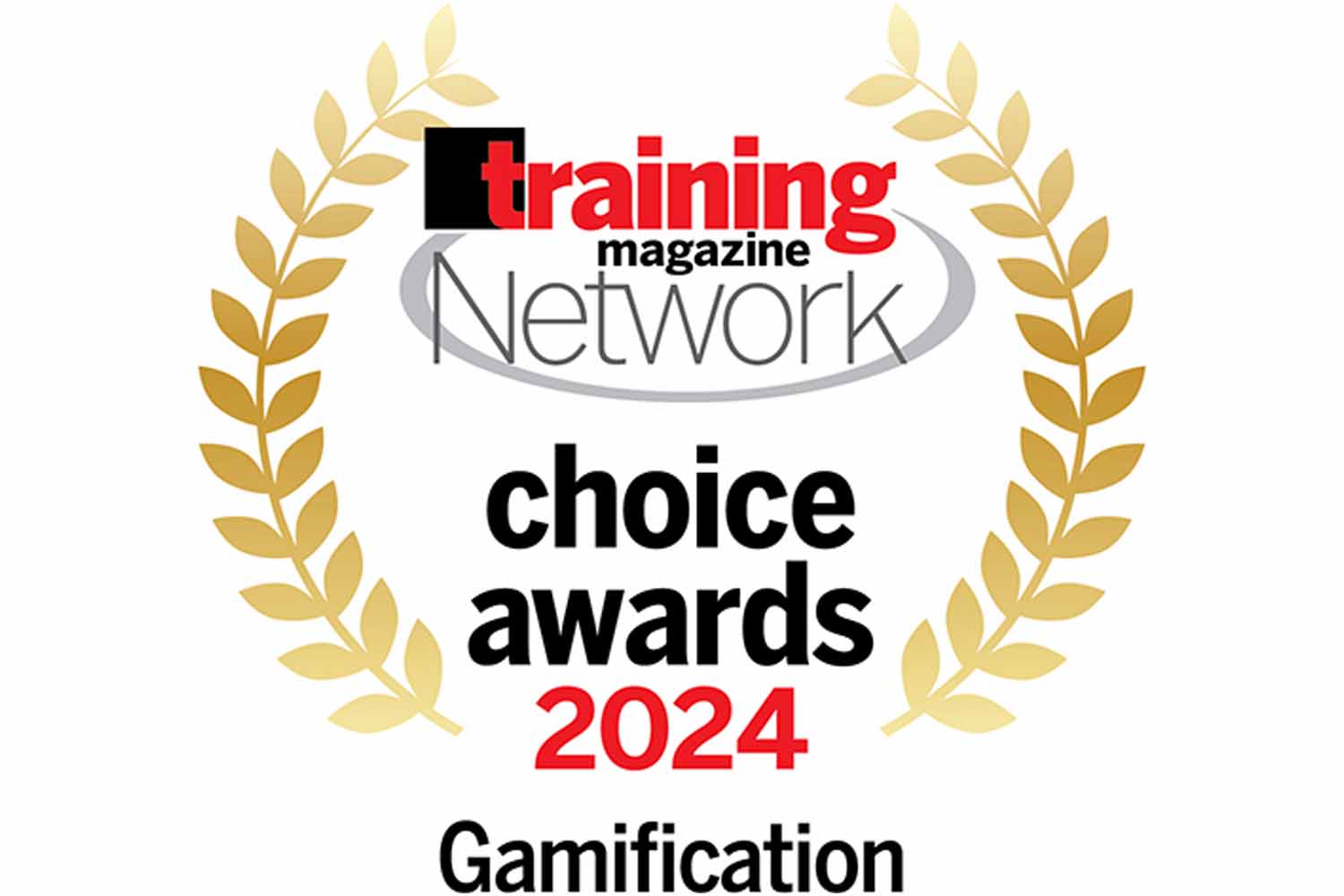
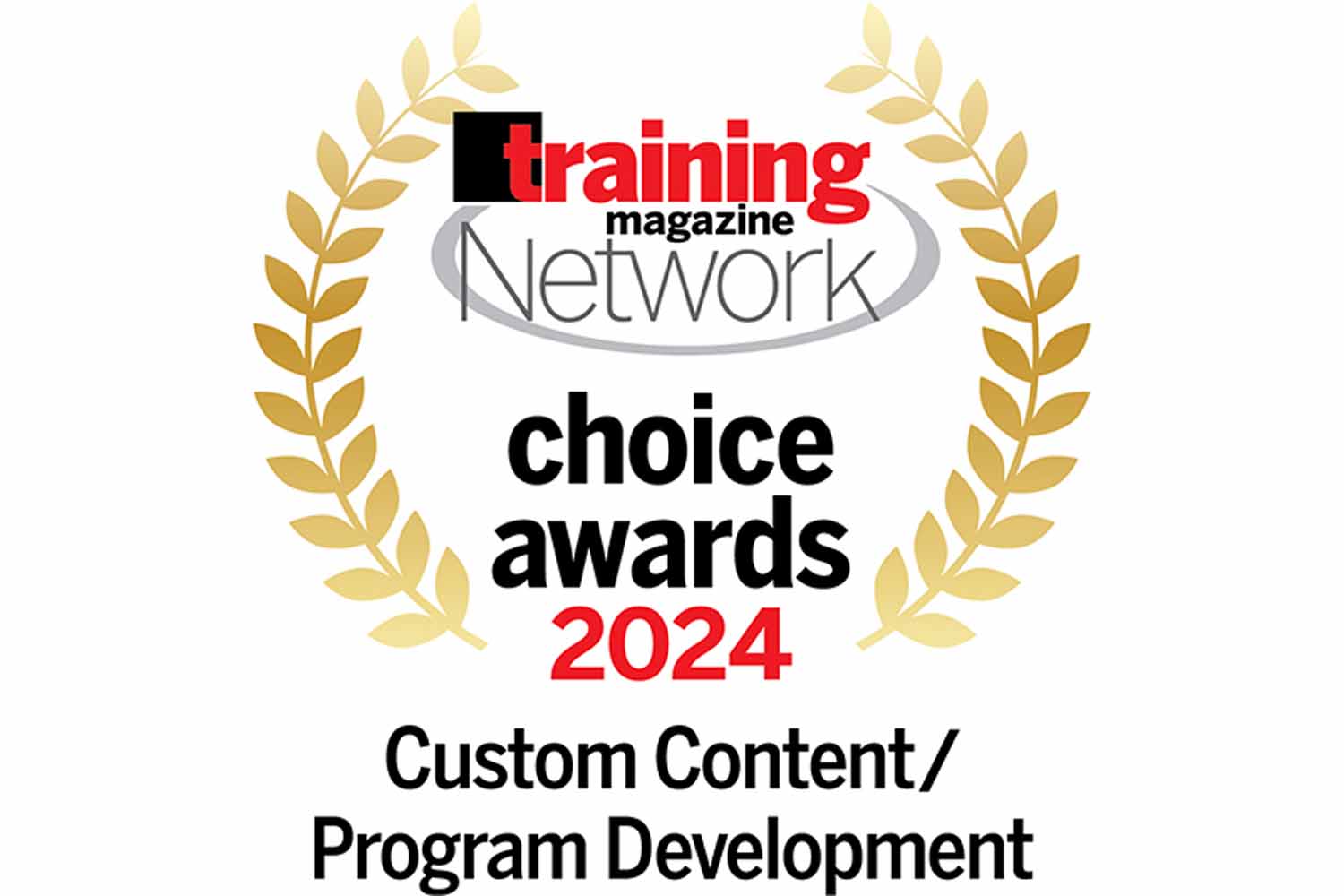
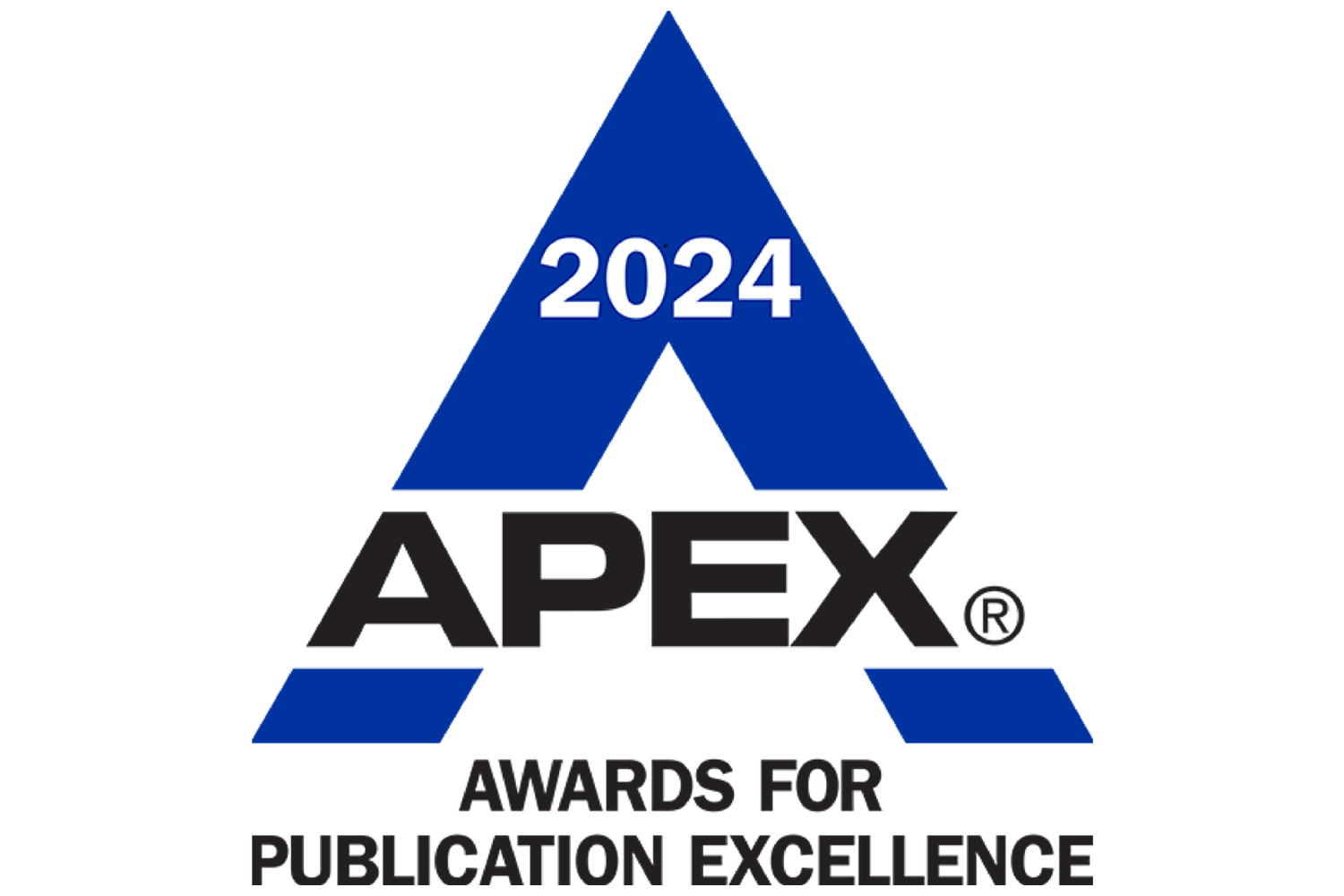
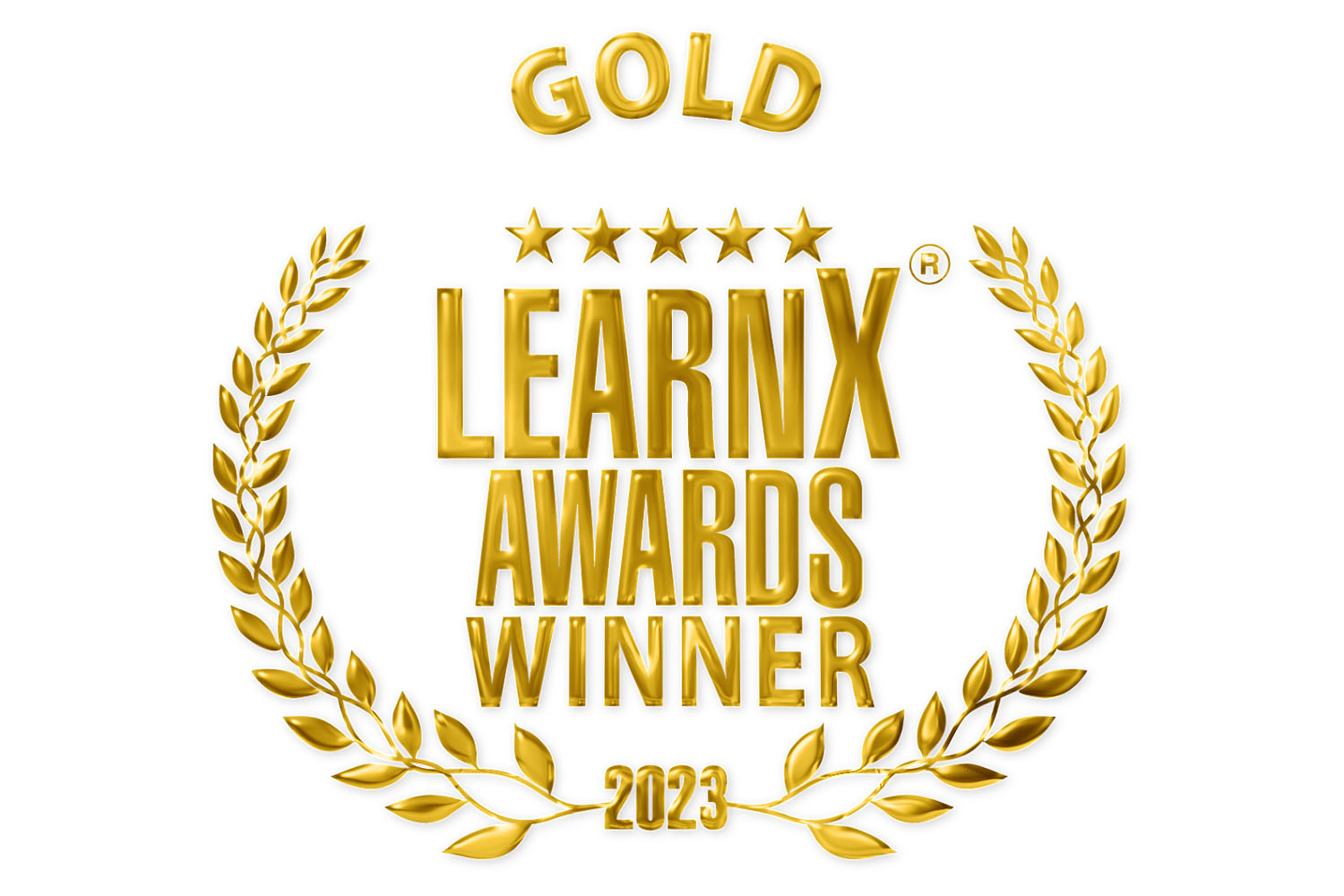
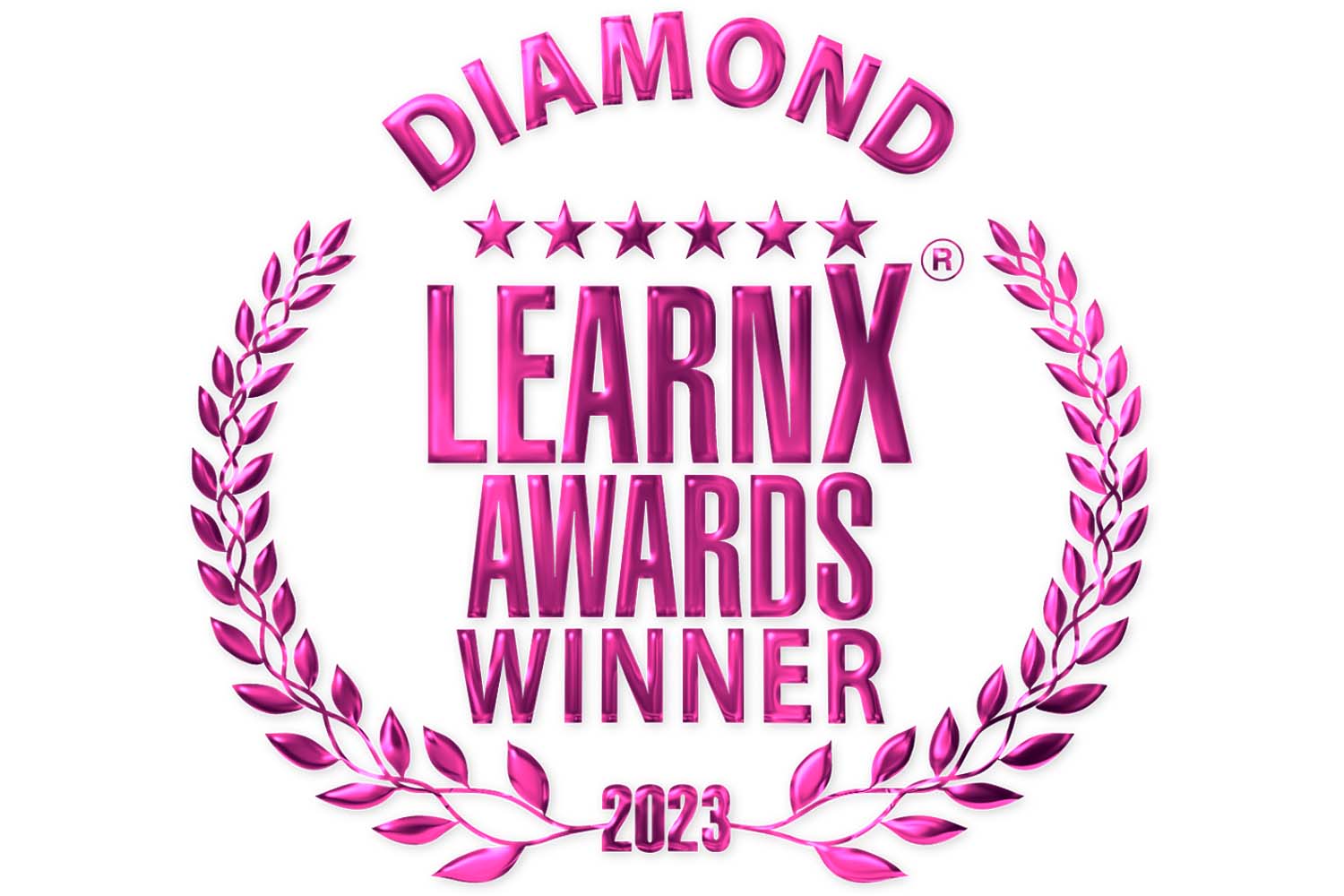
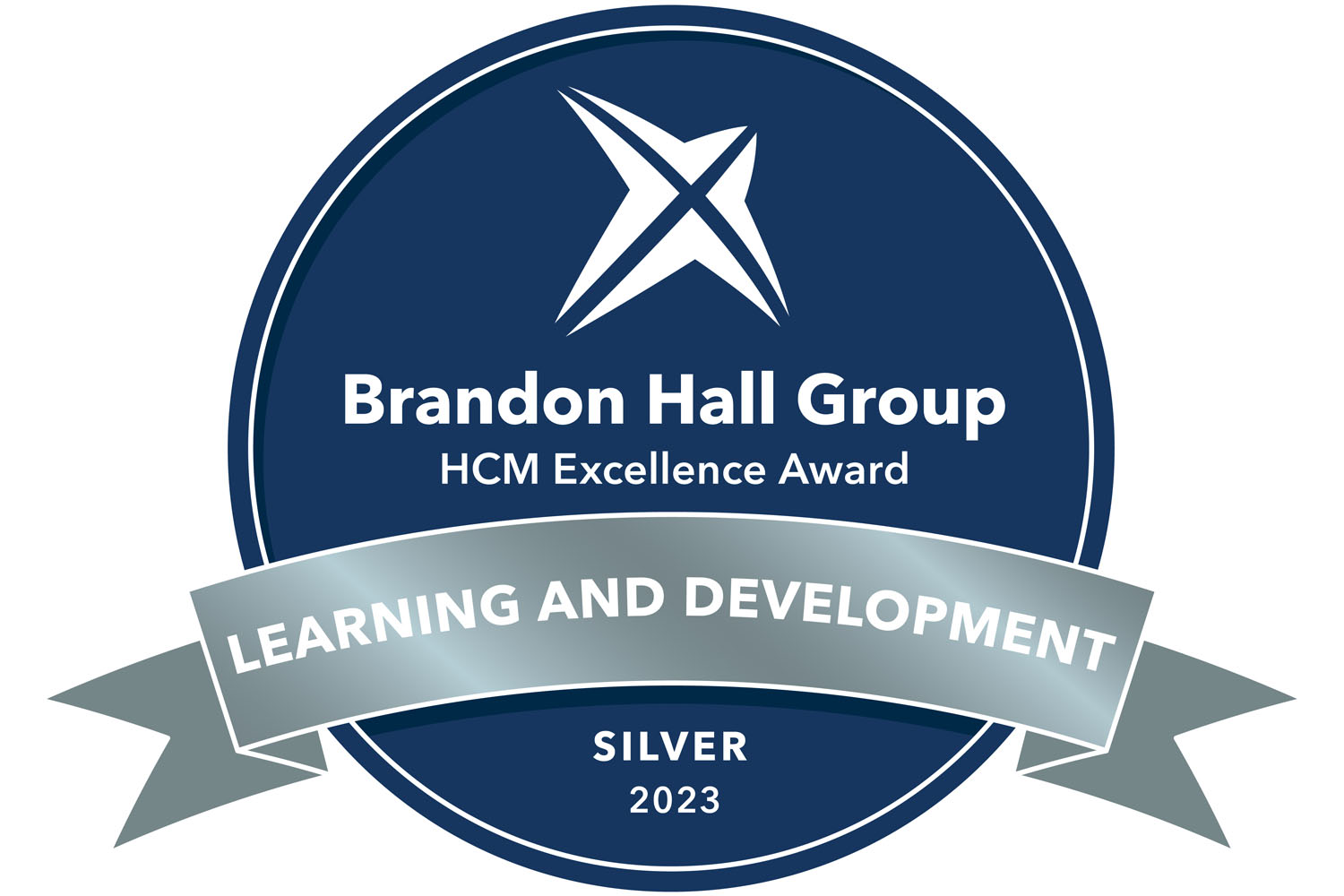

Our Offerings
How We Add Value To Your Business
The world is a Global Village. Today we cut across the geographical boundaries and choose the right solution provider that matches the organization’s values and needs.
So it becomes imperative to understand the organization you will be working with.
Quality
Customer delight is of paramount importance.Quality
A major concern while engaging learning partner is the quality of the work. Good quality courses ensure training effectiveness and better ROI.
Cost
Top-notch Quality at Competitive prices.Cost
We are lean, and so is our pricing. Learning Everest ensures the highest quality of the content at affordable prices. Our portfolio will convince you!
Delivery
Minimal Turnaround times for your courses.Delivery
Minimal turnaround times ensure that you can quickly upgrade your training material to maintain content relevance and ensure faster dissipation.
Trusted By World’s Leading Organizations
